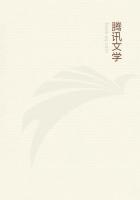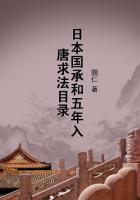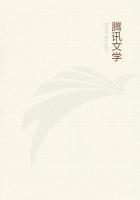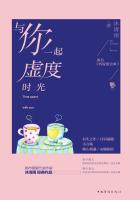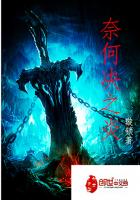Hence when a king or one of his family is to be put to death a mode of execution is devised by which the royal blood shall not be spilt upon the earth. About the year 1688 the generalissimo of the army rebelled against the king of Siam and put him to death after the manner of royal criminals, or as princes of the blood are treated when convicted of capital crimes, which is by putting them into a large iron caldron, and pounding them to pieces with wooden pestles, because none of their royal blood must be spilt on the ground, it being, by their religion, thought great impiety to contaminate the divine blood by mixing it with earth. When Kublai Khan defeated and took his uncle Nayan, who had rebelled against him, he caused Nayan to be put to death by being wrapt in a carpet and tossed to and fro till he died, because he would not have the blood of his Line Imperial spilt upon the ground or exposed in the eye of Heaven and before the Sun. Friar Ricold mentions the Tartar maxim: 'One Khan will put another to death to get possession of the throne, but he takes great care that the blood be not spilt. For they say that it is highly improper that the blood of the Great Khan should be spilt upon the ground; so they cause the victim to be smothered somehow or other.' The like feeling prevails at the court of Burma, where a peculiar mode of execution without bloodshed is reserved for princes of the blood.
The reluctance to spill royal blood seems to be only a particular case of a general unwillingness to shed blood or at least to allow it to fall on the ground. Marco Polo tells us that in his day persons caught in the streets of Cambaluc (Peking) at unseasonable hours were arrested, and if found guilty of a misdemeanor were beaten with a stick. Under this punishment people sometimes die, but they adopt it in order to eschew bloodshed, for their Bacsis say that it is an evil thing to shed man's blood. In West Sussex people believe that the ground on which human blood has been shed is accursed and will remain barren for ever. Among some primitive peoples, when the blood of a tribesman has to be spilt it is not suffered to fall upon the ground, but is received upon the bodies of his fellow-tribesmen. Thus in some Australian tribes boys who are being circumcised are laid on a platform, formed by the living bodies of the tribesmen; and when a boy's tooth is knocked out as an initiatory ceremony, he is seated on the shoulders of a man, on whose breast the blood flows and may not be wiped away. Also the Gauls used to drink their enemies' blood and paint themselves therewith. So also they write that the old Irish were wont; and so have I seen some of the Irish do, but not their enemies' but friends' blood, as, namely, at the execution of a notable traitor at Limerick, called Murrogh O'Brien, I saw an old woman, which was his foster-mother, take up his head whilst he was quartered and suck up all the blood that ran thereout, saying that the earth was not worthy to drink it, and therewith also steeped her face and breast and tore her hair, crying out and shrieking most terribly. Among the Latuka of Central Africa the earth on which a drop of blood has fallen at childbirth is carefully scraped up with an iron shovel, put into a pot along with the water used in washing the mother, and buried tolerably deep outside the house on the left-hand side. In West Africa, if a drop of your blood has fallen on the ground, you must carefully cover it up, rub and stamp it into the soil; if it has fallen on the side of a canoe or a tree, the place is cut out and the chip destroyed. One motive of these African customs may be a wish to prevent the blood from falling into the hands of magicians, who might make an evil use of it. That is admittedly the reason why people in West Africa stamp out any blood of theirs which has dropped on the ground or cut out any wood that has been soaked with it. From a like dread of sorcery natives of New Guinea are careful to burn any sticks, leaves, or rags which are stained with their blood; and if the blood has dripped on the ground they turn up the soil and if possible light a fire on the spot. The same fear explains the curious duties discharged by a class of men called ramanga or blue blood among the Betsileo of Madagascar. It is their business to eat all the nail-parings and to lick up all the spilt blood of the nobles. When the nobles pare their nails, the parings are collected to the last scrap and swallowed by these ramanga. If the parings are too large, they are minced small and so gulped down. Again, should a nobleman wound himself, say in cutting his nails or treading on something, the ramanga lick up the blood as fast as possible. Nobles of high rank hardly go anywhere without these humble attendants; but if it should happen that there are none of them present, the cut nails and the spilt blood are carefully collected to be afterwards swallowed by the ramanga. There is scarcely a nobleman of any pretensions who does not strictly observe this custom, the intention of which probably is to prevent these parts of his person from falling into the hands of sorcerers, who on the principles of contagious magic could work him harm thereby.
The general explanation of the reluctance to shed blood on the ground is probably to be found in the belief that the soul is in the blood, and that therefore any ground on which it may fall necessarily becomes taboo or sacred.

